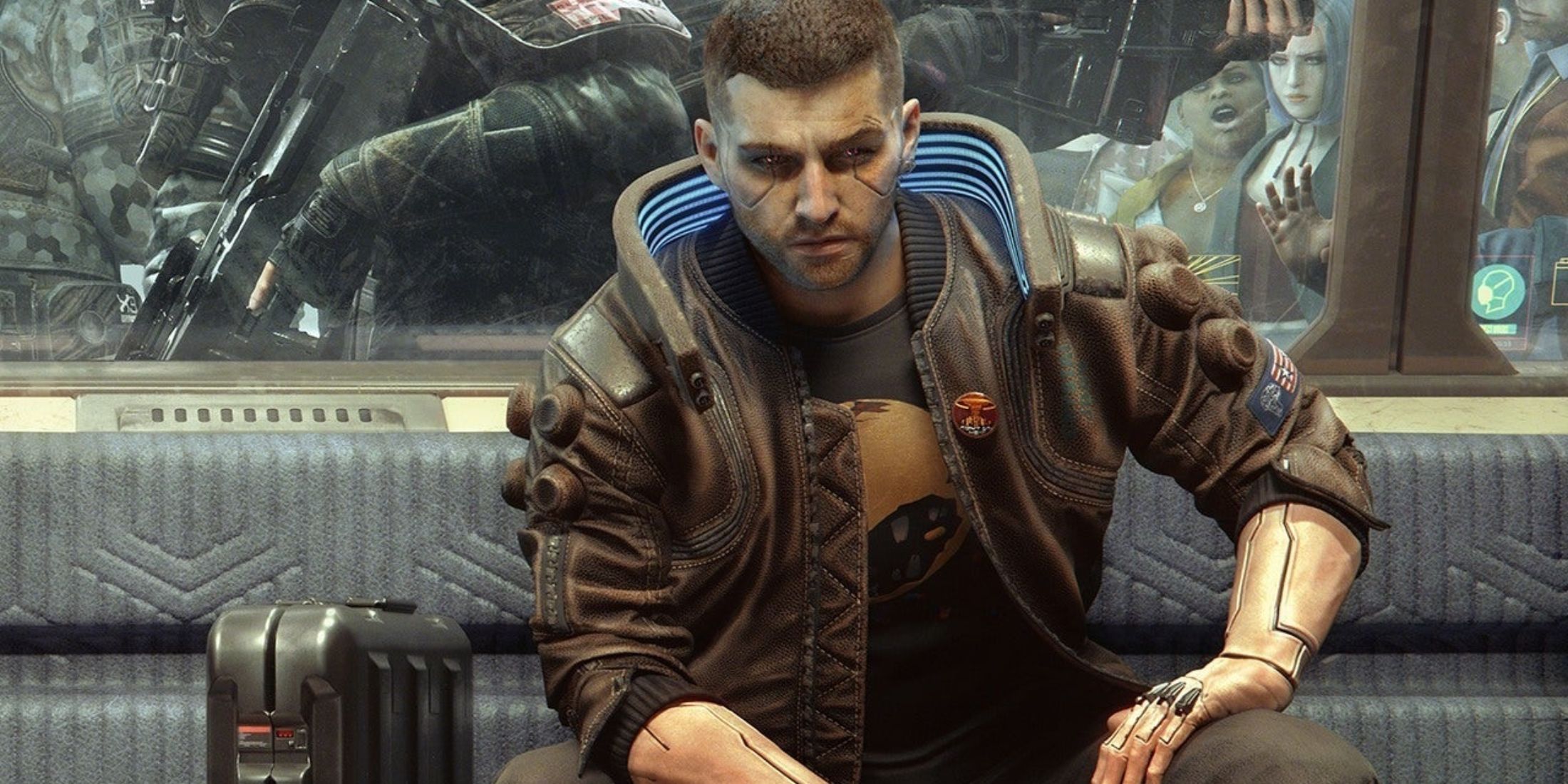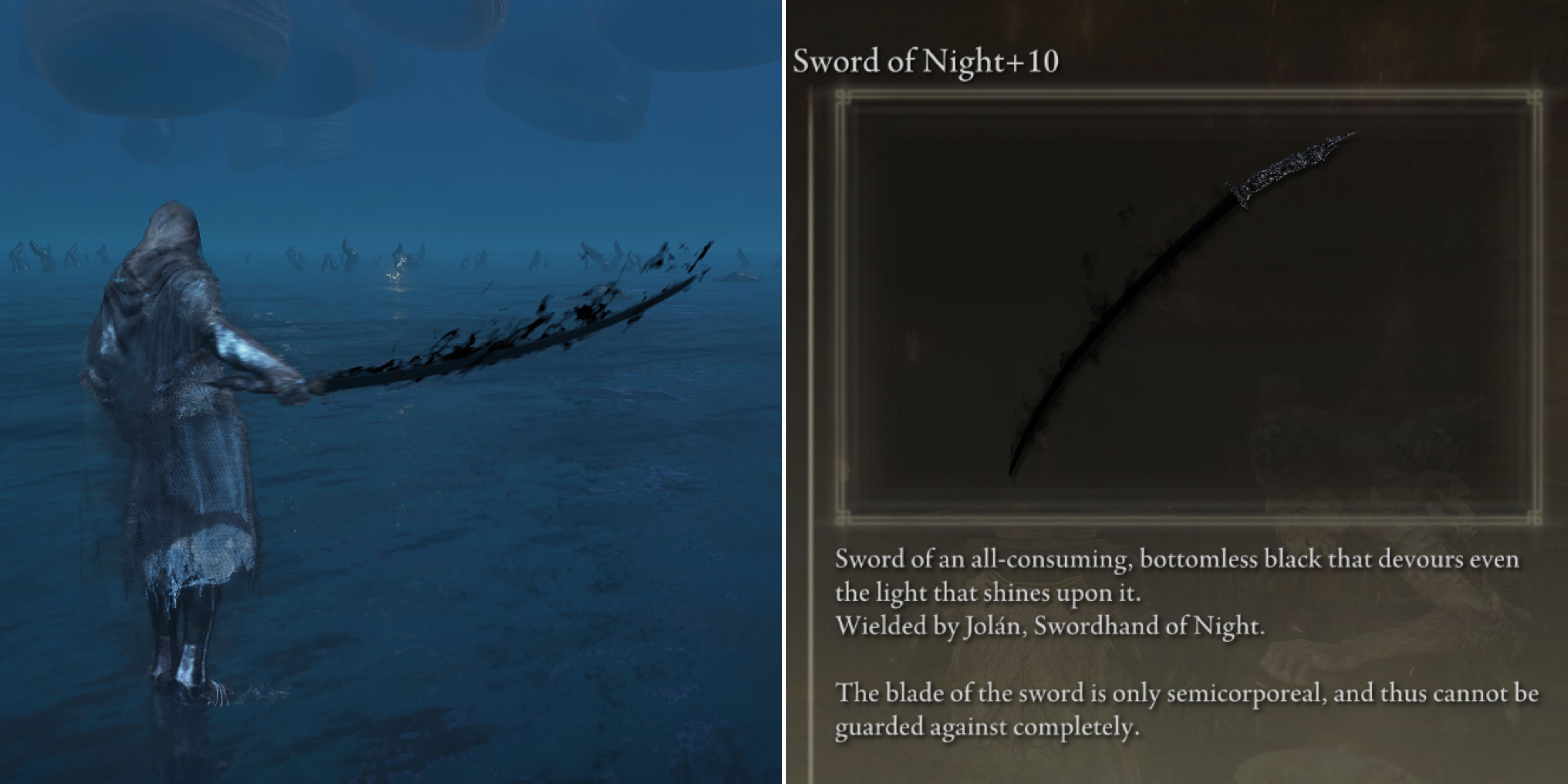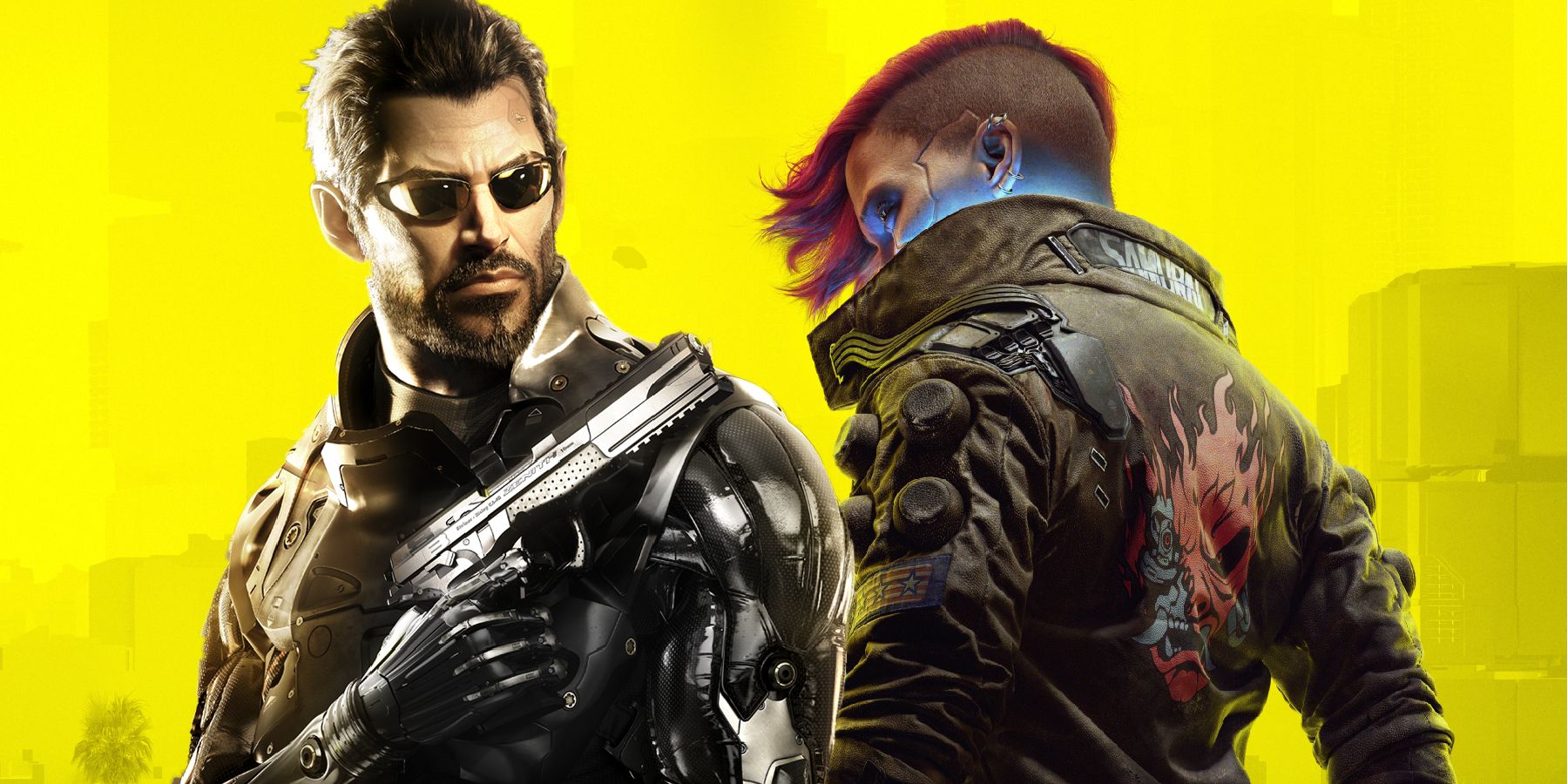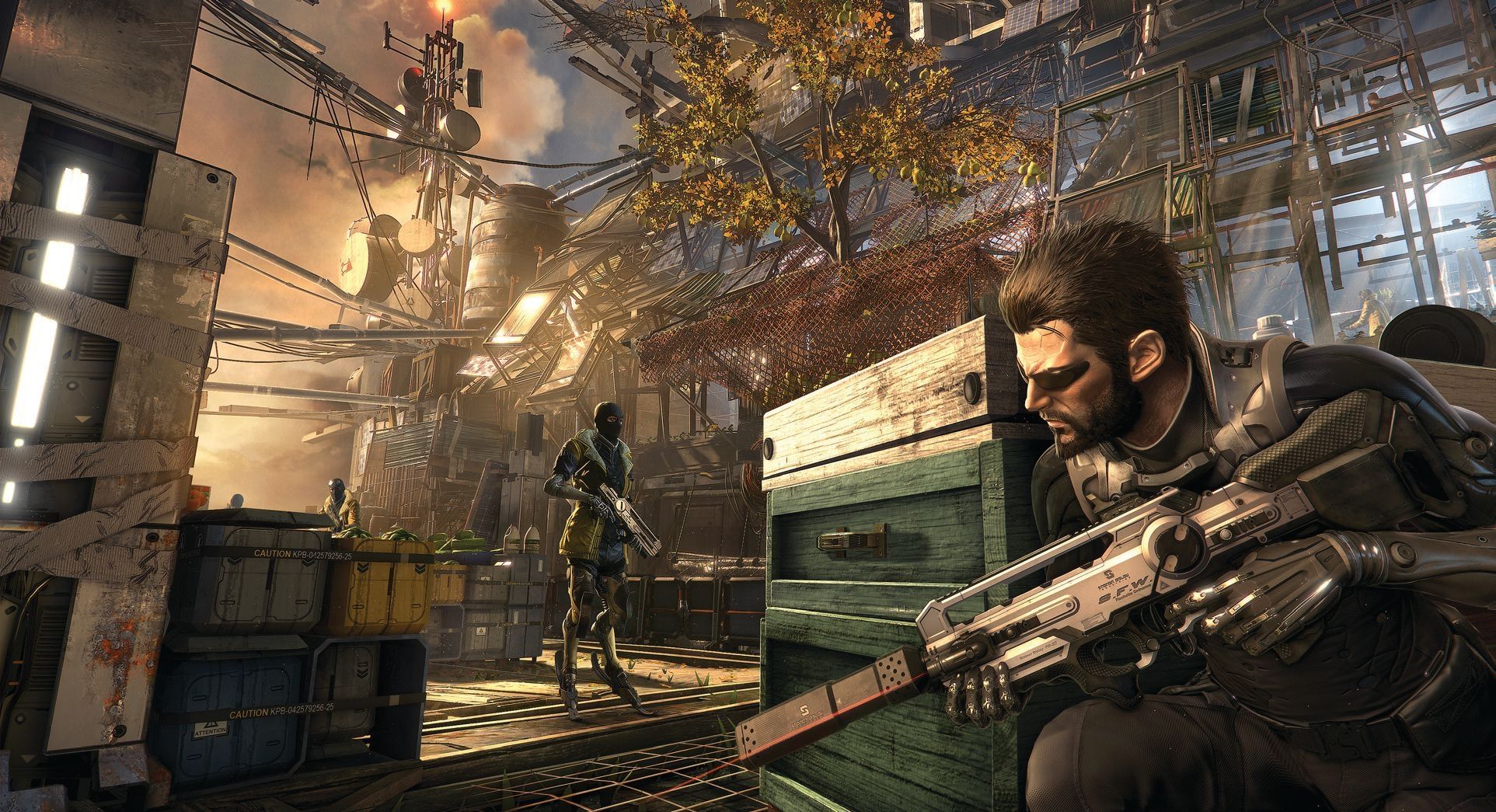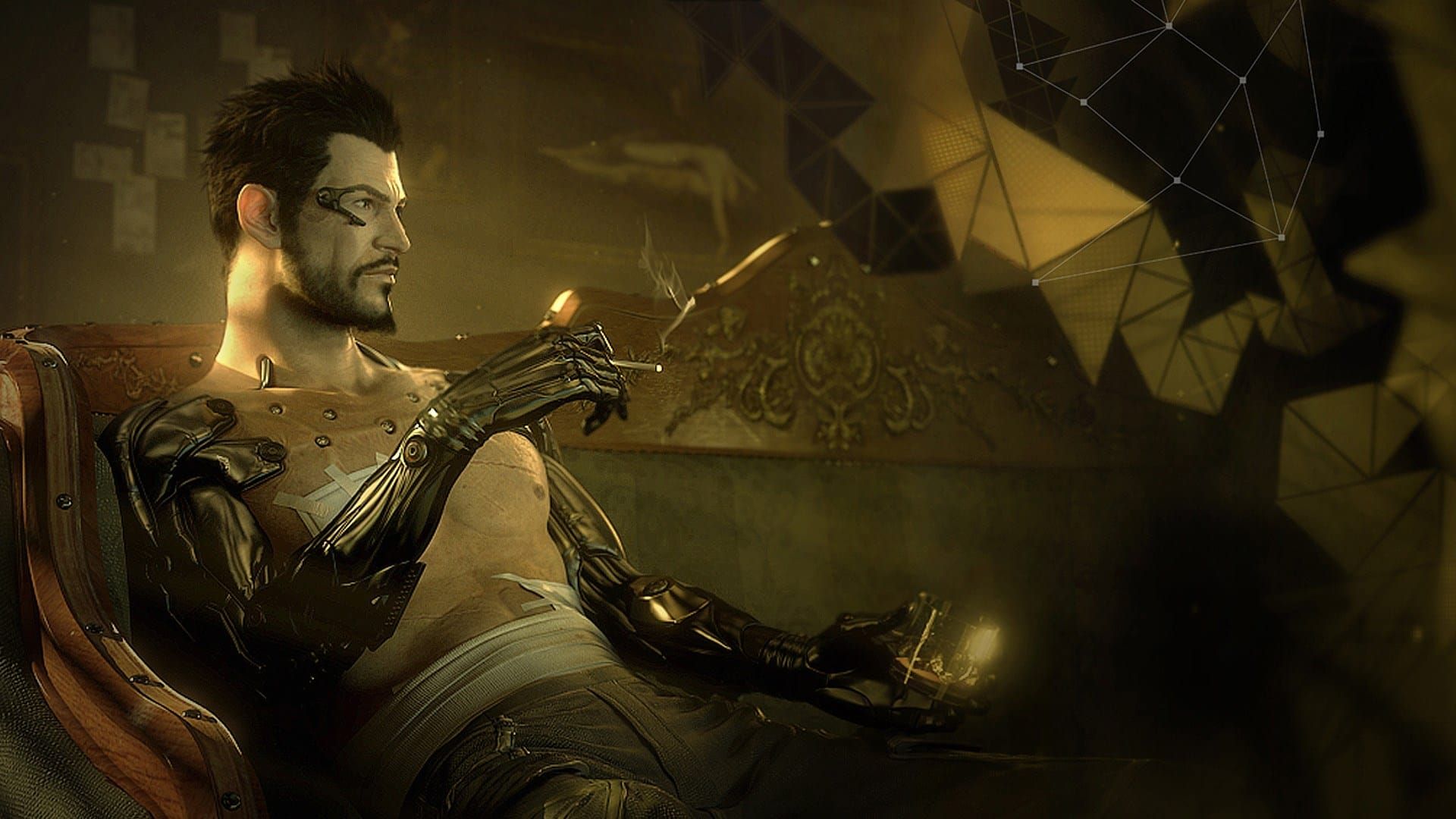Before the current trend of neon-soaked cityscapes and tales of capitalist dystopias became all the rage with Cyberpunk 2077, Deus Ex was the go-to cyberpunk franchise. The original Deus Ex tells the story of a society where the gap between the rich and the poor has left many devastated while a lethal pandemic ravages the world, and medical resources are only handed to the elite. Over 20 years later, just about any cyberpunk-themed game takes some inspiration from Ion Storm's groundbreaking immersive sim, thematically or mechanically - including Cyberpunk 2077.
The game has undoubtedly come a long way since its disastrous 2020 launch, but CD Projekt Red’s massive RPG still hasn’t lived up to everything it promised. Two years later, it’s fair to say Cyberpunk 2077 was a victim of its own ambition with core issues beyond bug fixes and technical problems. However, Cyberpunk 2077’s cultural impact has left the neon-soaked sci-fi genre as popular as ever, and the purchase of Eidos-Monreal by Embracer Group leaves the Deus Ex team ready to take on a new title. Eidos claims a new Deus Ex can "do what Cyberpunk 2077 couldn’t," which is a big claim; however, the franchise's history proves Eidos could pull it off.
Deus Ex’s Solid RPG Foundations
Cyberpunk 2077 was poised to be one of the next big role-playing games. Pre-release trailers showed augmentations like wall running that would alter how players approached combat and interacted with the world, and players expected a meaningful upgrade system that expanded upon The Witcher 3's robust skill tree mechanics. At launch, Cyberpunk 2077 played out more like a Borderlands game, relying on percentage increases to base stats as the primary form of character progression, while purchasable cybernetics added new abilities but rarely changed how players interacted with the world.
Meanwhile, Deus Ex has routinely demonstrated its affinity for meaningful character upgrades and role-playing mechanics. Mankind Divided broke up its Augmentations into Cranium, Eyes, Torso, Arms, Back, Skin, and Legs, with the majority of augments within each skill tree drastically changing how fans played. The Cranium skill tree’s Social Enhancer could allow Adam Jensen to scan the mental state of an individual, for example, opening up new dialogue options and adding a sense of agency.
Looking at the bigger picture, Deus Ex's RPG mechanics are expansive enough to create passive or lethal playthroughs that will always play out differently. Cyberpunk 2077 can't say it accomplishes the same thing despite having systems in place that tease this objective. Simply expanding and adapting the role-playing foundations of previous Deus Ex games for a future title already gives Eidos a leg up compared to the systems in Cyberpunk 2077.
Deus Ex Tells a More Effective Story Than Cyberpunk 2077
Cyberpunk 2077 is set in a futuristic, dystopian rendition of Northern California as part of a Balkanized United States. However, it often feels more alien than familiar. Part of the vision of Cyberpunk 2077 was to make Night City a character, which the game does well at the cost of making the overall world feel unbelievable. The lore regarding the Balkanized United States, why the world is in the state it is in, and how V fits into it all is never the focus of Cyberpunk 2077. Instead, the cyberpunk aesthetic is mostly used as a backdrop for an intimate story about V and Johnny Silverhand that leaves a lot to be desired when utilizing a genre with the potential for compelling and thought-provoking stories.
A big reason why the cyberpunk genre is so compelling is because of its roots in social commentary. Deus Ex constantly channels the best parts of cyberpunk with themes of inequality, corporate greed, and what constitutes a human at their core. Adam Jensen’s story across Human Revolution and Mankind Divided feels grand, featuring story elements regarding climate change and the divide between the rich and the poor while Jensen personally grapples with his humanity being forcefully taken. By contrast, Cyberpunk 2077 skirted around a lot of the themes of rich versus poor as V came up in the criminal empire business over a montage. Meanwhile, themes of humanity fall by the wayside as the general population seem to have accepted cybernetic implants.
Deus Ex certainly plays with the core ideals of cyberpunk better than Cyberpunk 2077, and should keep that momentum going for a future title. At the end of the day, Eidos may only have to expand upon what made Deus Ex so good in the first place to do what Cyberpunk 2077 couldn’t.
Cyberpunk 2077 is available now for PC, PS4, PS5, Stadia, Xbox One, and Xbox Series X/S.

